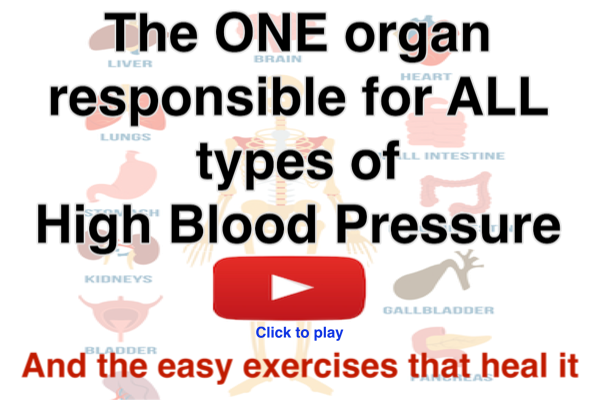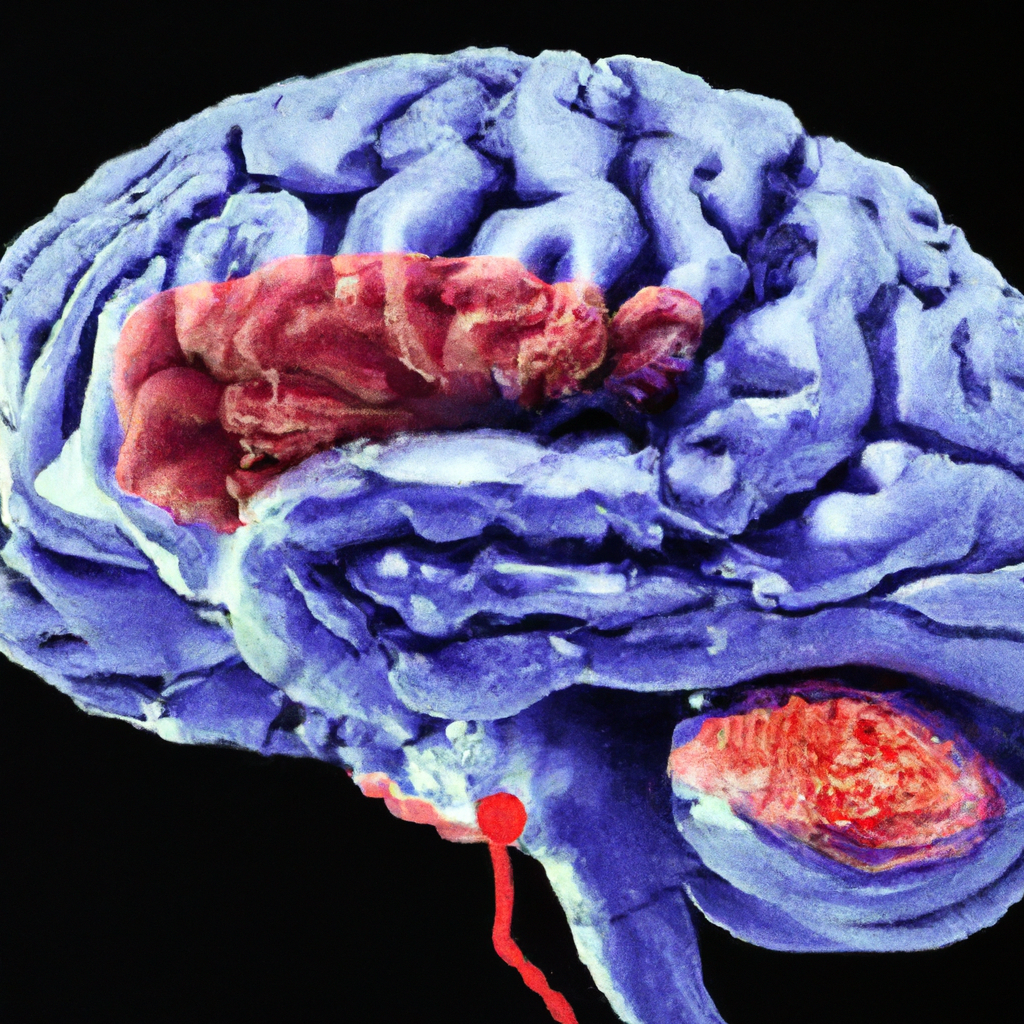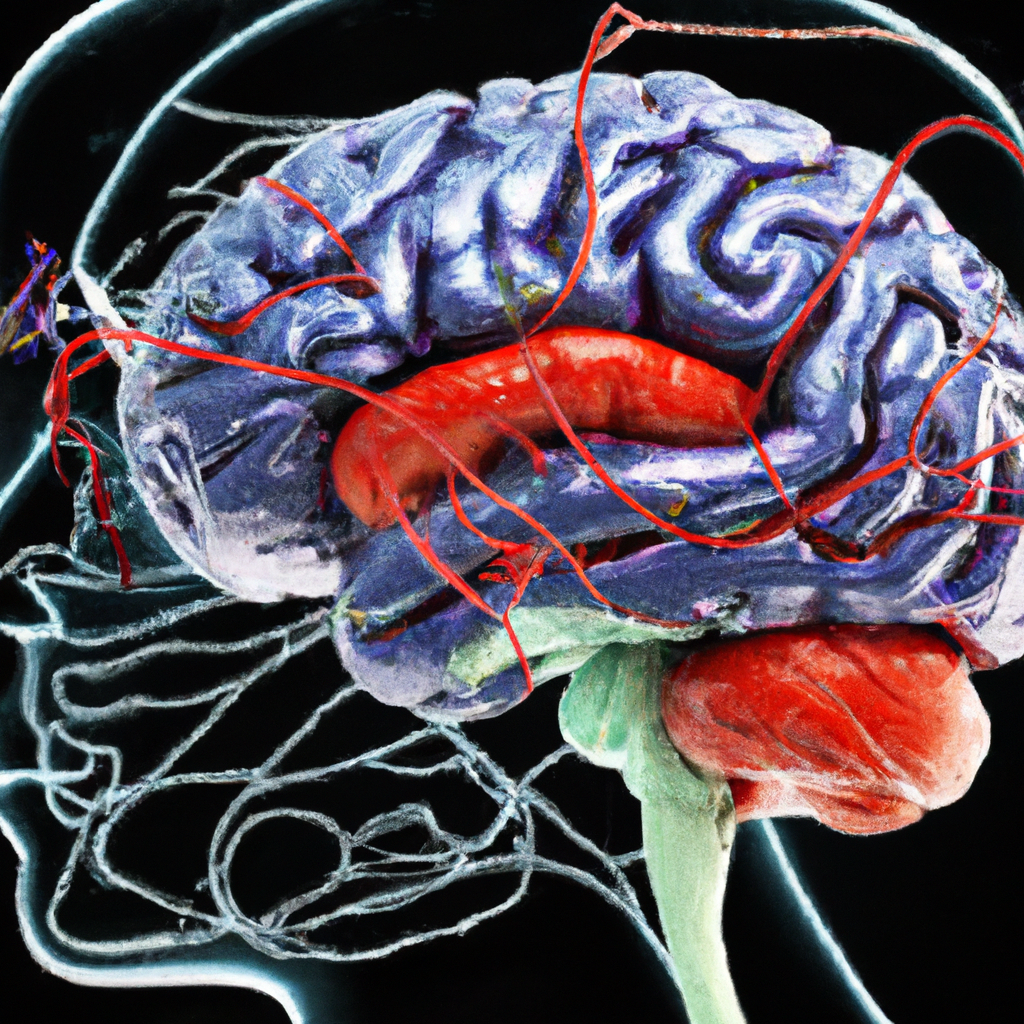In a fascinating new study, it has been revealed that the key to managing high blood pressure lies in our own brain function. This groundbreaking research has found that almost all cases of high blood pressure can be attributed to the brain, making it a crucial organ in our overall cardiovascular health. The study further highlights a range of exercises that have been proven to effectively reverse high blood pressure. The best part? These exercises can be done in the comfort of your own home and are not only pleasurable but also relaxing. Slow breathing techniques have shown remarkable results in lowering blood pressure, and mind/body exercises have been found to significantly reduce blood pressure without any unwanted side effects. In this article, we will explore the connection between brain function and blood pressure management, as well as discover the three easiest and most effective mind/body exercises to naturally lower blood pressure. Plus, audio instructions are available to make following along with the exercises a breeze. Get ready to take control of your blood pressure and improve your overall well-being.

Causes of High Systolic Blood Pressure
High systolic blood pressure can be caused by a variety of factors. One significant factor is the function of the brain, which plays a crucial role in managing blood pressure. New research has revealed that the brain is responsible for almost all cases of high blood pressure. This highlights the importance of understanding the brain’s role and how it can impact blood pressure levels.
Additionally, different types of stress can also contribute to chronic high blood pressure. When you experience stress, whether it be physical, emotional, or mental, your body releases stress hormones that can affect your blood pressure. It’s important to recognize and manage stress effectively in order to maintain healthy blood pressure levels.
Good Systolic Blood Pressure
To understand what constitutes good systolic blood pressure, it is essential to know what systolic blood pressure is. Systolic blood pressure refers to the pressure in your arteries when your heart beats or contracts.
A good systolic blood pressure reading is typically considered to be around 120 mmHg. This value indicates that your heart is pumping blood efficiently and effectively. Maintaining a good systolic blood pressure is crucial for overall cardiovascular health and can help reduce the risk of heart disease, stroke, and other related health conditions.

Healthy Systolic Blood Pressure
While a good systolic blood pressure reading falls around 120 mmHg, a healthy range encompasses a slightly broader spectrum. Generally, a healthy systolic blood pressure ranges from 90 mmHg to 120 mmHg. It is important to note that individual factors such as age, sex, and overall health can influence what is considered a healthy systolic blood pressure for each person.
Regular monitoring of your blood pressure and maintaining it within the healthy range is essential for preventing the development of high blood pressure and associated health complications. By adopting a healthy lifestyle, including regular exercise, a balanced diet, and stress management techniques, you can help keep your systolic blood pressure within the healthy range.
High Systolic Blood Pressure
High systolic blood pressure, also known as hypertension, occurs when the pressure in your arteries during heart contractions is consistently higher than the healthy range. This condition puts additional strain on your heart and blood vessels, increasing the risk of cardiovascular problems.
If left untreated, high systolic blood pressure can lead to serious health issues such as heart attacks, strokes, and kidney disease. It is important to monitor your blood pressure regularly and seek medical advice if your systolic blood pressure consistently exceeds the healthy range.

High Systolic Blood Pressure Symptoms
In many cases, high systolic blood pressure does not exhibit noticeable symptoms. This is why it is often referred to as the “silent killer.” However, some individuals may experience symptoms such as headaches, dizziness, shortness of breath, and chest pain. These symptoms should not be ignored as they may be indicative of an underlying health issue related to high blood pressure.
Regular blood pressure checks are essential for early detection and management of high systolic blood pressure. If you experience any concerning symptoms or have a family history of hypertension, it is important to consult with a healthcare professional.
High Systolic Low Diastolic Blood Pressure
In certain cases, individuals may have high systolic blood pressure accompanied by low diastolic blood pressure. Diastolic blood pressure refers to the pressure in your arteries when your heart is at rest between beats.
When someone has high systolic blood pressure and low diastolic blood pressure, it can indicate an issue with the arterial system, such as stiff or narrow arteries. This condition can pose significant risks to your cardiovascular health and should be addressed promptly by a healthcare professional.
Lowering Systolic Blood Pressure
If you have been diagnosed with high systolic blood pressure, it is important to take steps to lower your blood pressure and manage the condition effectively. While medication may be prescribed by a healthcare professional, there are also natural methods you can incorporate into your lifestyle to help lower your systolic blood pressure.
Research has shown that exercises focusing on slow breathing and mind-body techniques can significantly lower blood pressure without side effects. By engaging in exercises that promote relaxation and stress reduction, such as deep breathing exercises, yoga, and meditation, you can help lower your systolic blood pressure naturally.
The Brain’s Role in Managing Blood Pressure
The brain plays a crucial role in managing blood pressure. It is responsible for regulating the balance between constricting and dilating blood vessels, as well as controlling the heart rate. New research has highlighted that the brain is responsible for almost all cases of high blood pressure, further emphasizing the importance of understanding the brain’s role in managing blood pressure.
By understanding the brain’s influence on blood pressure regulation, researchers and healthcare professionals can develop targeted treatments and strategies to effectively manage high blood pressure and reduce the associated health risks.
Impact of Different Types of Stress on Blood Pressure
Stress, whether physical, emotional, or mental in nature, can have a significant impact on blood pressure. When you experience stress, your body releases stress hormones, such as cortisol, that can cause your blood vessels to constrict and your heart rate to increase. This can lead to a rise in systolic blood pressure.
Chronic stress, especially when left unmanaged, can contribute to the development of high blood pressure. It is important to recognize and effectively manage different types of stress in order to maintain healthy blood pressure levels. Engaging in stress reduction techniques such as exercise, mindfulness, and relaxation exercises can help mitigate the impact of stress on your blood pressure.
Easy-to-Follow Audio Instructions
To make it easier for individuals to incorporate mind-body exercises into their daily routine, audio instructions are available. These audio instructions provide a step-by-step guide on how to perform the exercises correctly and encourage a pleasurable and relaxing experience.
By following these audio instructions, you can ensure that you are engaging in the exercises correctly, maximizing their benefits in lowering your systolic blood pressure. These exercises can be done in the comfort of your own home, making it convenient for anyone to incorporate them into their daily routine.
In conclusion, understanding the causes and management of high systolic blood pressure is crucial for maintaining cardiovascular health. By recognizing the role of the brain in blood pressure regulation, managing stress effectively, and engaging in mind-body exercises, you can lower your systolic blood pressure naturally and reduce the risk of associated health complications. Monitor your blood pressure regularly, seek medical advice when necessary, and prioritize a healthy lifestyle to keep your systolic blood pressure within the optimal range and promote overall well-being.


